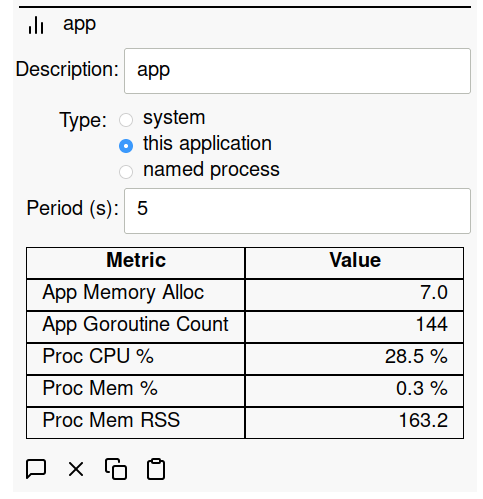Hello,
Welcome to the 49th issue of TMPDIR, a weekly newsletter covering Embedded Linux, IoT systems, and technology in general. Please pass this on to anyone else you think might be interested. Suggestions and feedback are welcome at info@tmpdir.org.
Thanks for reading!
Khem and Cliff
Quote of the week
Make it work, then make it beautiful, then if you really, really have to, make it fast. 90 percent of the time, if you make it beautiful, it will already be fast. So really, just make it beautiful! -- Joe Armstrong
Linux
LLVM/Clang 16 💻
Yoe Distro uses Clang as default compiler; therefore it's interesting to see a
new major release building up in 16.0.0 which branched last week, scheduled to
be released in fist week of March. It has switched to using C++17 as default
standard. This will require some porting for few packages, a notable change is
for packages defining own alignof is flagged as
undefined behavior.
A way to fix it is to use _Alignof, it was also a
problem in gnulib
which is used by several downstream projects.
IoT
Simple IoT v0.8.0 release 🚀
This release adds system, app, and process metrics. See documentation for more details.

Other
Go 1.20 release 🚀
A new errors.Join() function has been added to concatenate errors. You can
later errors.Unwrap() to see the individual errors, or test for the presence
of an error with errors.Is().
The go tool no longer relies on pre-compiled standard library package archives in the $GOROOT/pkg directory, and they are no longer shipped with the distribution, resulting in smaller downloads. Instead, packages in the standard library are built as needed and cached in the build cache, like other packages.
This is good -- the less we ship around pre-compiled binaries for tooling, the better. The requirement for pre-compiled binaries often leads to brittle tooling.
There are many other improvements -- read the release post!
Thoughts, feedback? Let us know: info@tmpdir.org.
Join our Discourse forum to discuss these or new topics. Find past issues of TMPDIR here. Listen to previous podcasts at https://tmpdir.org/.